 It seems as if every other anime character is getting clocked on the noggin’ and getting amnesia. Amnesia has become a fairly common plot device with many advantages and disadvantages (the main one: over use!) According to the Mayo Clinic, amnesia “refer to the loss of memories, such as facts, information and experiences. Though forgetting your identity is a common plot device in movies and television, that’s not generally the case in real-life amnesia.”
It seems as if every other anime character is getting clocked on the noggin’ and getting amnesia. Amnesia has become a fairly common plot device with many advantages and disadvantages (the main one: over use!) According to the Mayo Clinic, amnesia “refer to the loss of memories, such as facts, information and experiences. Though forgetting your identity is a common plot device in movies and television, that’s not generally the case in real-life amnesia.”
So anime, basically, gets amnesia wrong.
Mayo Clinic goes on to explain that people with amnesia usually know who they are, but they struggle to learn new information and make new memories. It’s caused by damage to the memory centers of the brain and can be permanent. It comes in two flavors: anterograde (learning new stuff) and retrograde (anime’s favorite–difficulty remembering the past). Most people with amnesia struggle with short-term memory loss, which anime doesn’t usually play around with. Sometimes these lost memories can be replaced with false memories that are made up of invented memories or memories from different time periods. Anime does sometimes use this aspect.
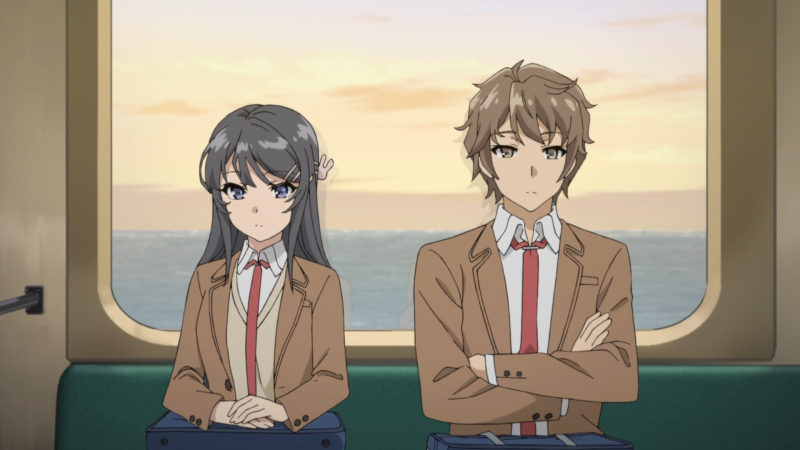
However, Mayo Clinic doesn’t discuss a sudden recovery of memory completely overwriting someone’s personality. It doesn’t happen; although false memories may impact the person’s behavior, such as developing a fear of something or someone. But you won’t see a complete personality rewrite like Kaede in Rascal Does Not Dream of Bunny Girl Senpai or in Golden Time. In such cases that a person has a severe change in personality due to a head injury, they would likely end up in a long-term care facility and not function normally like most anime characters do.
If anime gets amnesia wrong, why do we see it so often?
1. Amnesia has built-in conflict.
You often see anime characters worried that their current self will disappear when they regain their memories. They don’t know who they were (based on anime’s faulty idea of amnesia) and fear a complete change in their identity. Likewise, you also see the conflict they have with their friends (anime seriously needs more parents in teen stories). Their friends remember them in a certain way, and the character feels inadequate. They also can’t associate with those friends, who are more like strangers now.
2. The viewer and the character learn about the character at the same time.
People want to learn about other interesting people. The slow reveal can keep an audience guessing along with the amnesiac character. This allows viewers to feel as if they are taking the journey with the character instead of learning about a character who knows themselves (which is interesting in its own right). Amnesia creates intrigue and mystery. Are the friends and supporting cast who they appear to be? What sort of past does the amnesiac character have?
3. Amnesia explores identity issues.
Most shonen and shojo anime focus on teen and young adult identity issues. Amnesia usually involves the complete lost of identity and the journey to recover it. This follows the teen and young adult’s journey to craft their own sense of identity and find their place in the world. Many people despair about who they truly are and what they are supposed to do. Most hero stories center on these questions. Whereas these heroes look toward the future for the answers, amnesia stories look toward the past. Both explore how past decisions influence the future. Amnesia stories illustrate how a lack of history makes it difficult for the protagonist to look toward the future with confidence. Most afflicted characters live with anxiety about who they are and who they will become.
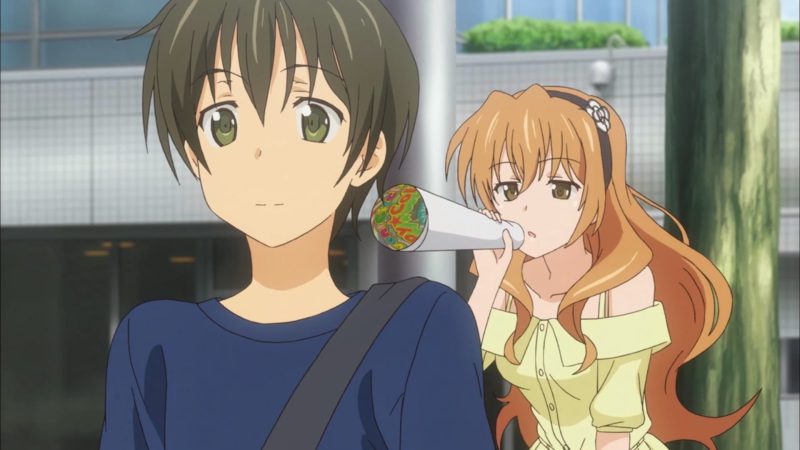
Of course, writers can explore these themes without resorting to amnesia. However, amnesia can be interesting if handled well. Most of the time, anime takes the perspective of the sufferer, but I find the concern and difficulties of the surrounding cast more interesting. What if the character had forgotten a momentous event? It would be more interesting to relegate the amnesia sufferer to the supporting cast and follow the effects on a non-sufferer. What of their frustration? Anger? Concern?
Sudden recovery from amnesia won’t overwrite a personality. In anime, too often the character completely changes personality. This negates any sort of character development, and it usually happens when there isn’t enough time to show how the differing personalities combine. It ends in an abruptness that works against the time spent developing the internal conflict caused by the amnesia.
As a trope, amnesia can work if handled carefully, but it is difficult to build an entire series around it. Amnesia works better in smaller story arcs. In many cases, the characters with amnesia turn out to be dull when they finally remember. Most have some sort of “dark” past, killing someone or something else terribly formulaic. Amnesia is, perhaps, one of the most predictable of anime’s tropes, which is unfortunate. As a plot device, it has potential for some interesting character relationship conflicts and unreliable narrator stories.
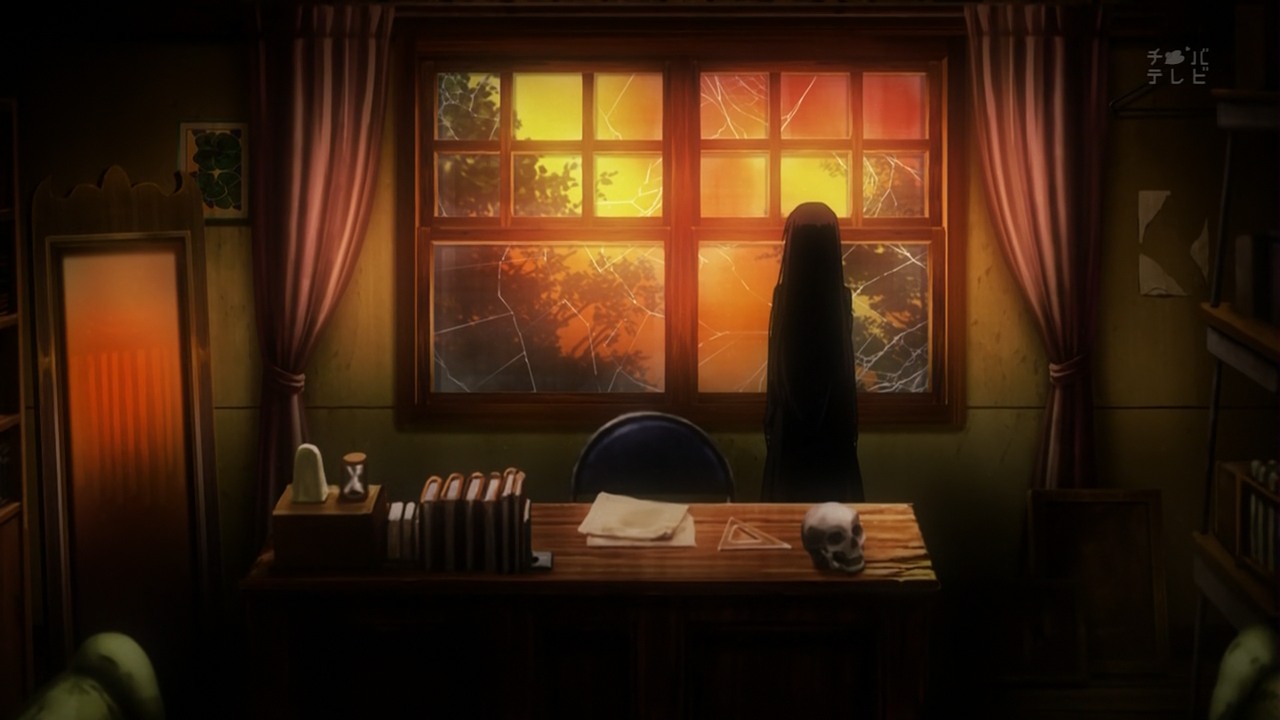
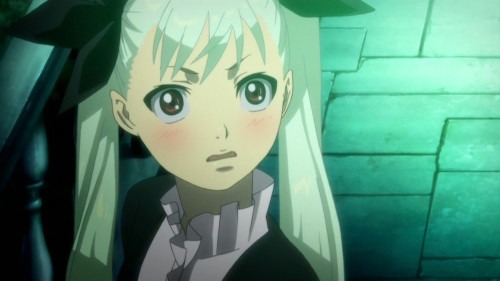
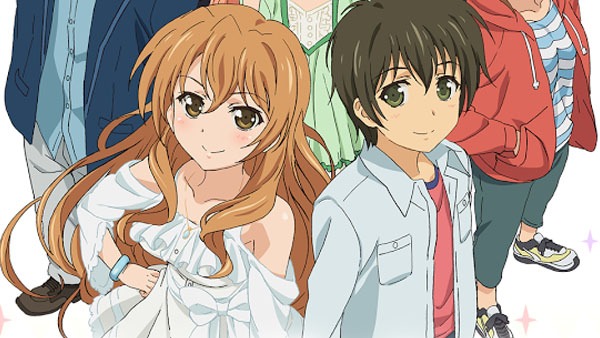
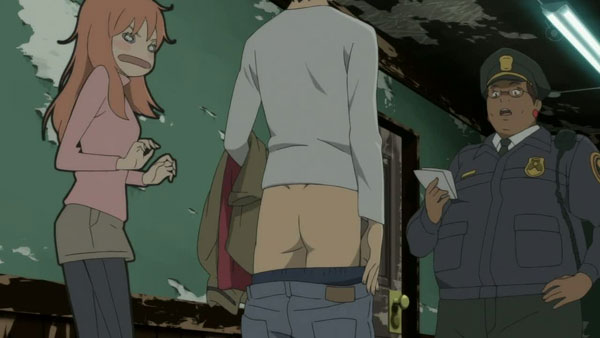
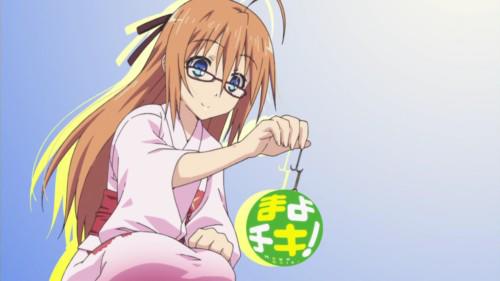
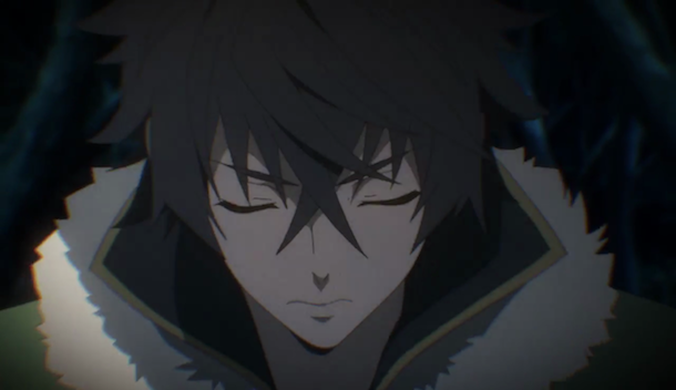
Quoting the article: “As a trope, amnesia can work if handled carefully.”
The problem is, it’s never handled carefully. It’s handled ham-fistedly. It’s overused because the writer has no creative ideas of his own, and he thinks amnesia will make his story interesting. It doesn’t. I fact, it makes it more tedious than if the author had done without.
I agree. Most stories don’t need amnesia as a crutch. It’s more interesting fore the audience to work out why a character behaves as they do.